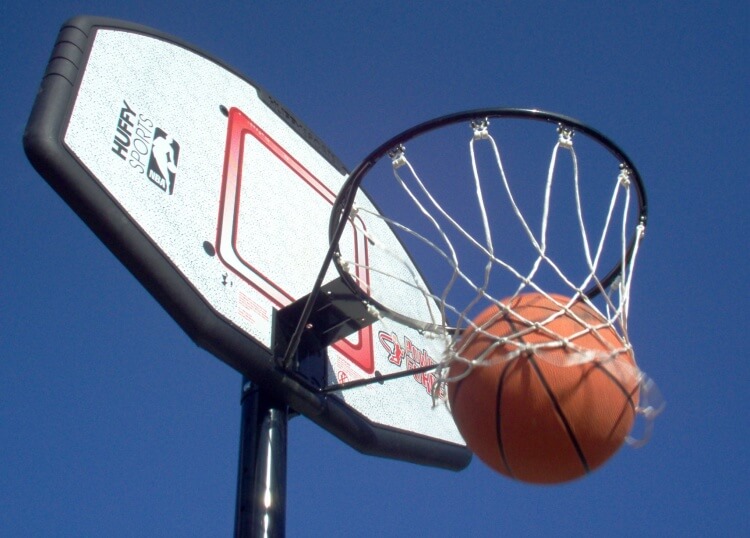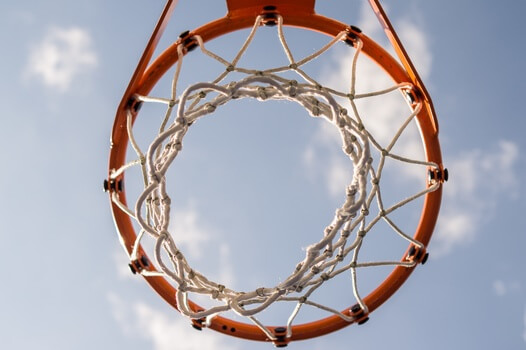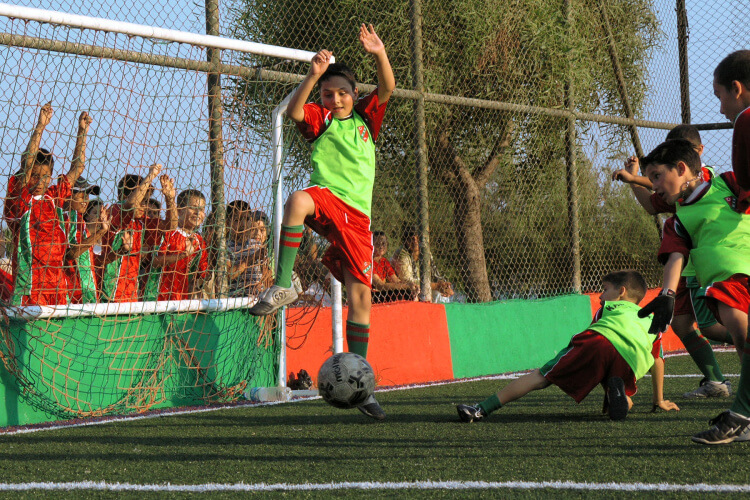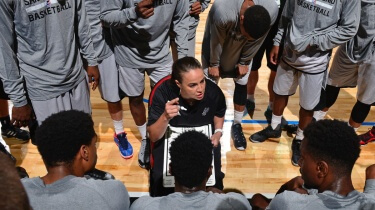In December, I wrote about how Deliberate Practice can enhance the drill structure of youth sport practices. In the midst of the article I conceded that practices that appear solely focused on skill acquisition can seem a lot less fun to both player and coach. I went on to promise to detail ideas aimed at enhancing the fun of Deliberate Practice drills. This month I plan to deliver on that promise and look at ways to make well thought-out drills which follow Deliberate Practice principles remain effective while also adding some fun.

Several years ago, Lockwood and Pearlman (2008) wrote a fantastic article suggesting how to enhance youth sport practices. They included the top four reasons kids play sports in the first place: (1) to have fun, (2) to be with friends, (3) to learn new skills, and (4) to be active (Coakley 2007; Ewing & Seefeldt 1996; Gould, Feltz, Horn, & Weiss 1982). Since we got drill efficacy out of the way in my last article, let’s take a look at what can make Deliberate Practice drills fun in your practices.
Breakthrough Basketball sells an ebook with 60 fun drills in it (60 Fun Basketball Drills and Games for Youth Coaches). I believe there are commonalities to the games that are featured in such books (you can find more than one if you look online) that you can apply to your drills and liven up your own practices. With a little thought and application of the principles I’ll lay out in this article you can come up with many of your own “fun drills”. In order to facilitate a “fun practice” filled with “fun drills” consider (1) challenging your athletes, (2) making drills similar to games situations, and (3) varying the “have to” – “want to” ratio.




